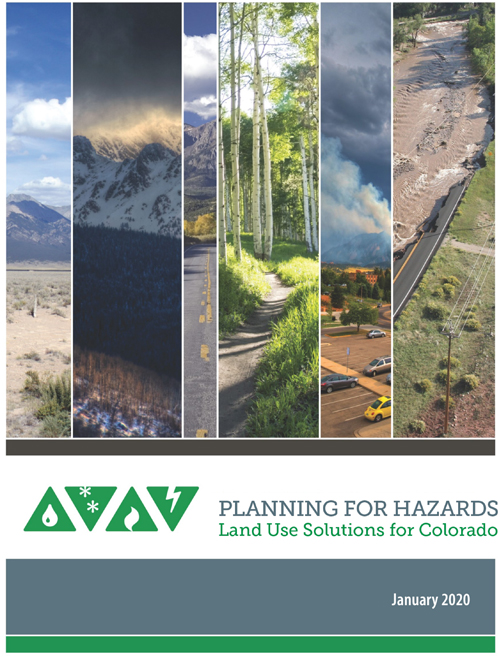Resiliency Resources
The list below has been curated by the Colorado Resiliency Office as a repository for external resources helpful for those involved in community resiliency.
Primary Resources
These Colorado-specific resources are a good place to start.
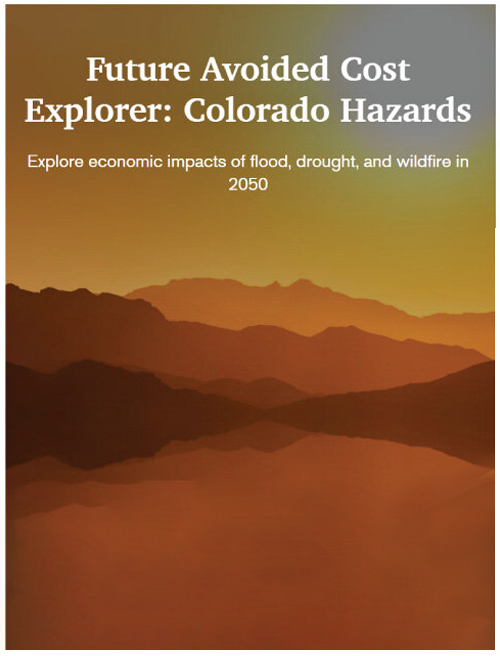
Future Avoided Cost Explorer: CO Hazards
This tool is useful for quantifying the economic impacts of flood, drought, and wildfire between now and 2050.
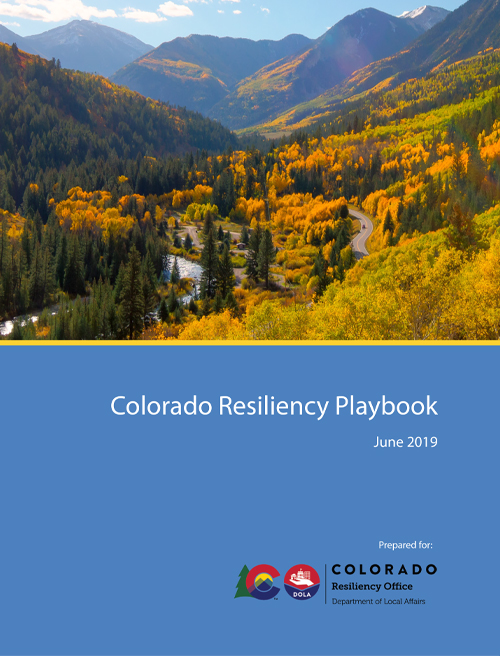
CO Resiliency Playbook
The Playbook provides State agencies strategies and tools to use in institutionalizing resiliency principles and practices into their operations and investments.
Planning for Hazards
This guide is designed to help local decision-makers to prepare for and mitigate multiple hazards by integrating resilience and hazard mitigation principles.
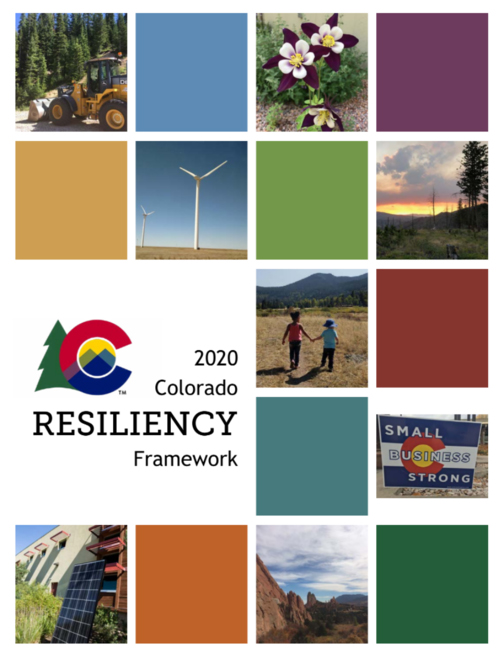
Resiliency Framework
An update to the State's 2015 Resiliency Framework, and focuses on linking resiliency to regenerative recovery, climate action, and building a more equitable future.
Additional Resources
Below is a curated collection of resources from across the state and country.
This is an extensive collection, only some of which is displayed. We encourage you to use the filter tools to assist in finding resources pertinent to you. Or if you know what you’re looking for, use the search tool.
To use the guide:
- Access details about a specific resource by selecting the hyperlinks in each Title.
- Filter by using any of the filter options.
Federal Agencies and Resources
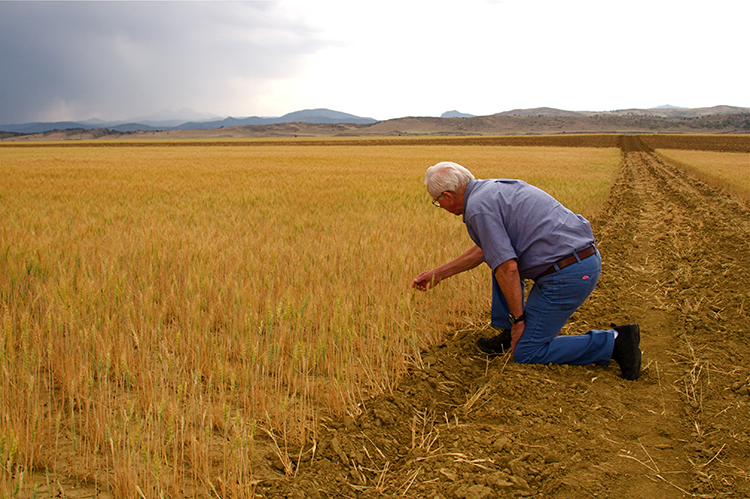
The Resiliency Resources available to Colorado communities from the CRO are supplemented by other resources, assistance, and capacity to support resilience. Some useful Federal Resources include:
- U.S. Climate Resilience Toolkit: This toolkit includes many resources for exploring local hazards, assessing vulnerabilities, understanding options, and planning and implementing projects. There are case studies from across the country and mapping tools to help users better understand risks.
- FEMA Resilience Office: Through the Resilience Office, FEMA administers programs to support resilience outcomes, including providing grants to improve response capabilities and reduce risks from man-made and natural disasters.
- Resilience at the Department of Homeland Security: DHS hosts multiple practices to address resilience, including a Regional Resiliency Assessment Program to identify opportunities to address infrastructure resilience for homeland security interests, and a Community Health Resilience Planning Template to enable state, local, and private sector entities to coordinate on health resilience.
- Community Resilience at HUD: HUD hosts a portal that catalogs resources that planners can use to plan and prepare for changing natural hazards when undertaking HUD-funded activities.

